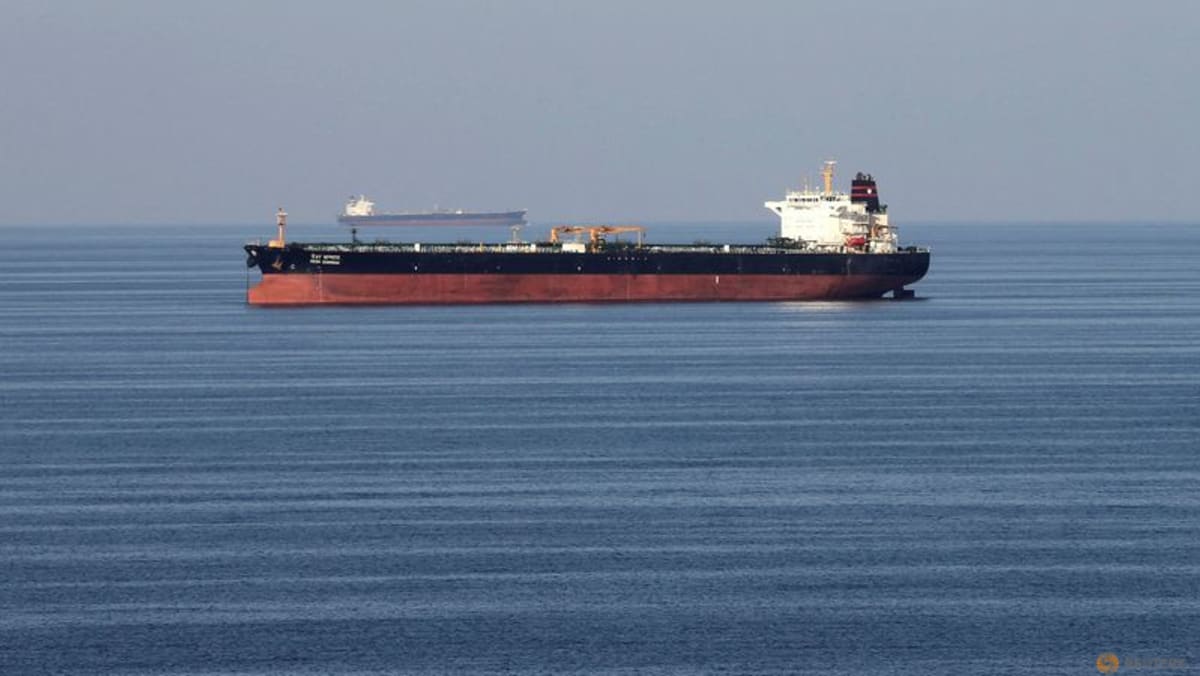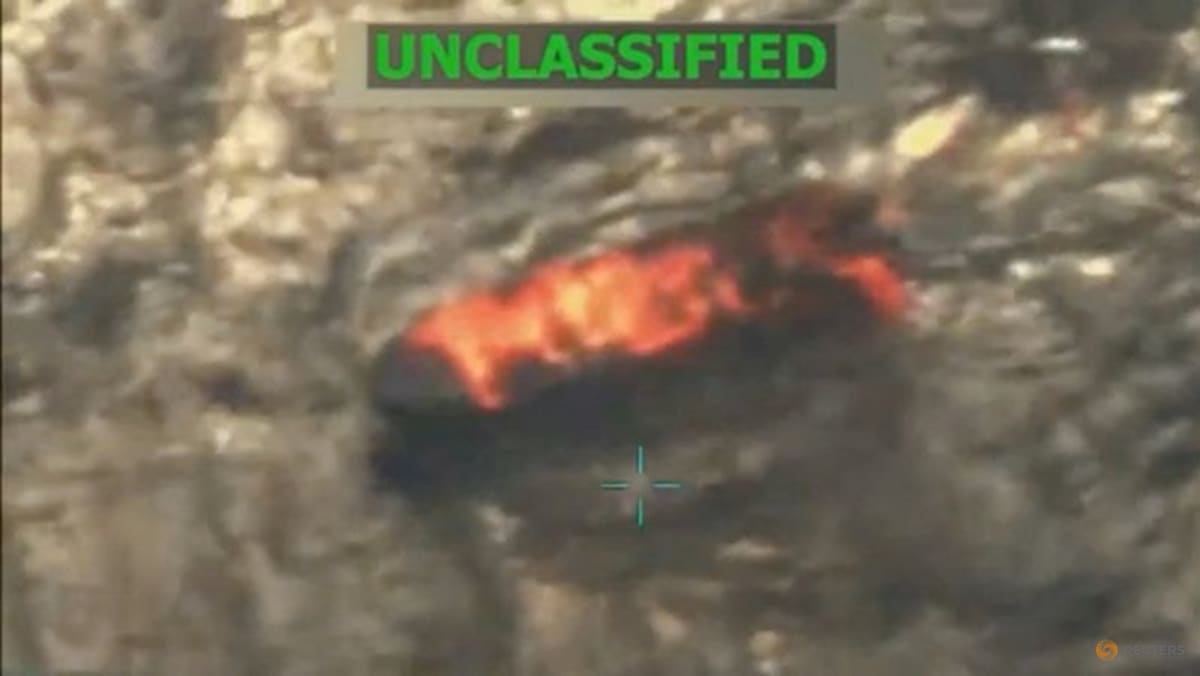Similar tactics have been employed successfully by the Houthi militia in Yemen to disrupt traffic through the Bab el-Mandeb strait leading into the Red Sea on the other side of the Arabian peninsula.
The Houthis have mostly fired missiles and drones at ships after warning owners of vessels linked to the US, the United Kingdom and Israel that they will be attacked if they approach the area.
A US-led force in the Red Sea is seeking to protect shipping there. But the number of ships sailing through the Red Sea and Gulf of Aden was still down about 70 per cent in June compared with the average level of 2022 and 2023, according to Clarkson Research Services Ltd, a unit of the world’s largest shipbroker.
This has forced vessel operators to reroute their traffic around the southern tip of Africa instead of going through the Suez Canal – a lengthier and more expensive journey for ships travelling between Asia and Europe.
Closing the Strait of Hormuz would quickly hit Iran’s own economy as it would prevent it from exporting its petroleum. And it would antagonise China, the biggest buyer of Iranian oil and a critical partner that has used its veto power at the UN Security Council to shield Iran from Western-led sanctions or resolutions.
WHEN HAS IRAN DISRUPTED SHIPPING?
Iran has used harassment of ships in the Gulf for decades to register its dissatisfaction with sanctions against it, or as leverage in disputes.
- In April 2024, hours before launching a drone and missile attack on Israel, Iran’s Islamic Revolutionary Guard Corps seized an Israel-linked container ship near the Strait of Hormuz. Iran released the ship’s crew the following month, according to trade publication Lloyd’s List. Tehran claimed that the MSC Aries had violated maritime regulations, but analysts pointed to its Israeli ownership connection as a motive.
- When it seized a US-bound tanker in April 2023, Iran said the ship had struck another vessel. But the move appeared to be retaliation for the seizure off Malaysia’s coast of a ship loaded with Iranian crude by US authorities on the grounds of sanctions violations.
- In May 2022, Iran seized two Greek tankers and held them for six months, presumably a response to the confiscation by Greek and US authorities of Iranian oil on a different ship. The cargo was eventually released and the Greek tankers freed. So, too, was the oil on a tanker that Iran said it impounded in January “in retaliation for the theft of oil by the US”.
HAS IRAN EVER CLOSED THE STRAIT OF HORMUZ?
Not so far. During the 1980-88 war between Iraq and Iran, Iraqi forces attacked an oil export terminal at Kharg Island, northwest of the strait, in part to provoke an Iranian retaliation that would draw the US into the conflict.
Afterward, in what was called the Tanker War, the two sides attacked 451 vessels between them. That significantly raised the cost of insuring tankers and helped push up oil prices. When sanctions were imposed on Iran in 2011, it threatened to close the strait, but ultimately backed off.
Commodore Alireza Tangsiri, head of Iran’s Islamic Revolutionary Guard Corps naval forces, said shortly before the MSC Aries seizure that Iran has the option of disrupting traffic through the Strait of Hormuz, but chooses not to.














